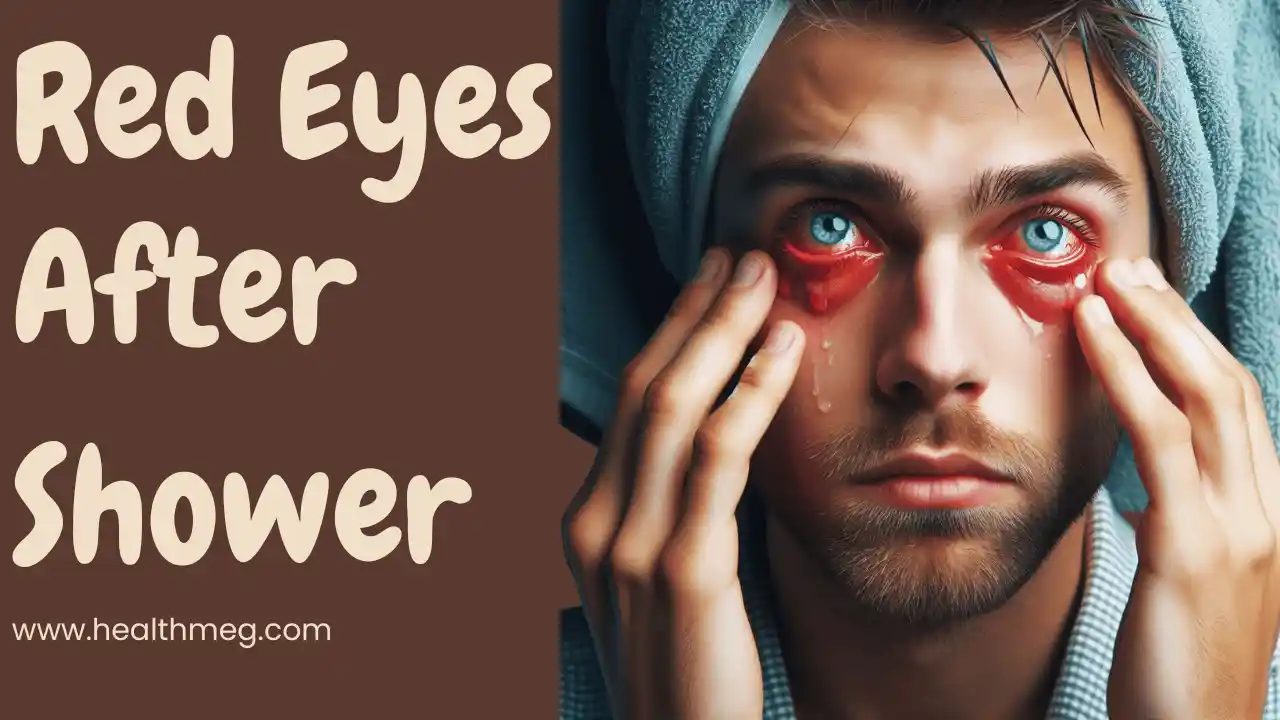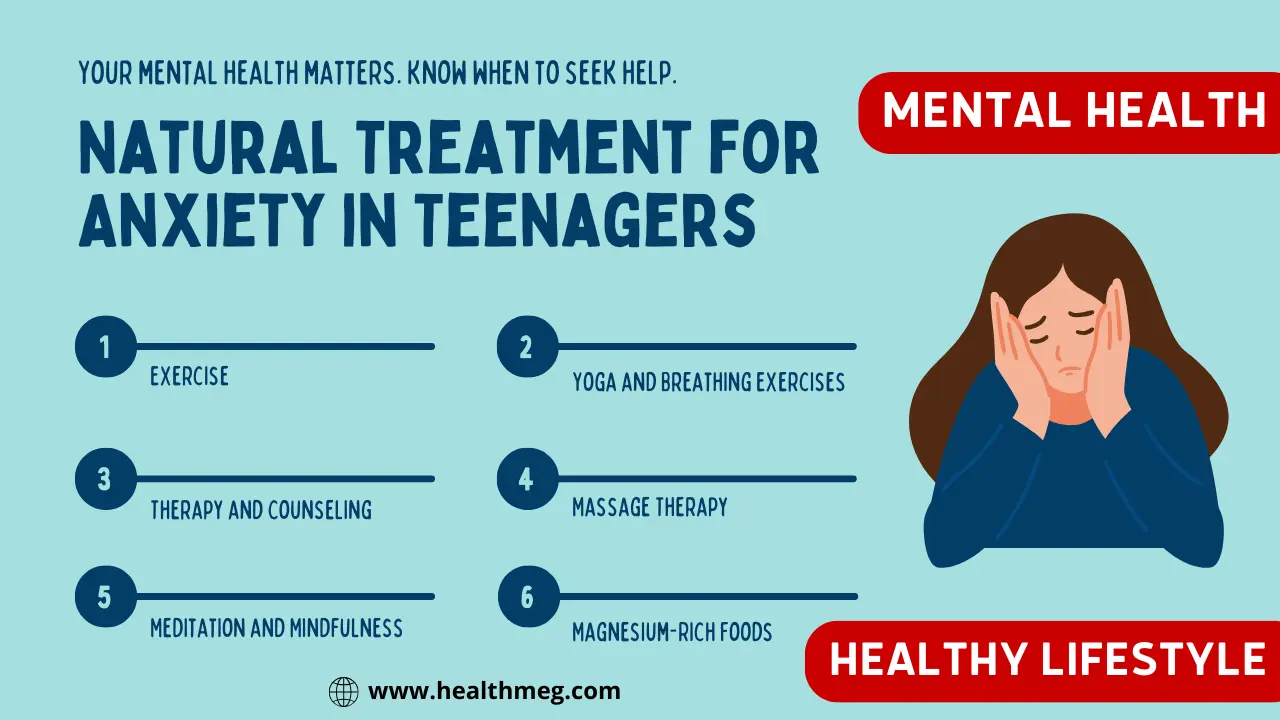Stepping out of a steamy shower only to be greeted by a pair of glowing red eyes in the mirror is an unpleasant surprise for many. But what causes this common post-shower side effect? And what can you do to soothe the irritation and prevent it from occurring in the first place? In this comprehensive guide, we’ll uncover the science behind bloodshot, red eyes after showering and provide expert-backed tips to manage and avert this nuisance.
Do Read the People Also Ask (FAQs) about this topic.
Introduction
A refreshing shower is meant to leave you feeling revived. But for some, it has the opposite effect on their eyes, which emerge red, irritated, and anything but refreshed. Many assume the culprit is shampoo or soap dripping into the eyes. In reality, there are a number of other factors that cause this phenomenon. Read on to discover the real reasons behind red, irritated eyes after showering. Armed with this knowledge, you’ll be equipped to pinpoint what’s bothering your eyes and take steps to prevent further discomfort.
Key Takeaways
- The main causes of red, irritated eyes after showering are pH imbalance between water and natural tears, chemical irritants in tap water, shampoos/cleansers making direct contact with eyes, and dry air.
- Symptoms include bloodshot eyes, stinging/burning, tearing up, blurry vision, light sensitivity, mucus discharge, and headache surrounding the eyes.
- Mild cases can be treated at home with cool compresses, artificial tears, eye drops, allergy meds, limiting screen time, sunglasses, etc. Severe or persisting cases require seeing an ophthalmologist.
- Tips to prevent red eyes include using a showerhead filter, rinsing hair first, wearing swim goggles, using tear-free products, keeping eyes closed, facing away from the showerhead, limiting shower time, cleaning the showerhead, humidifying air, hydrating eyes, and rinsing with clean water.
- Identifying triggers and customized solutions for each individual is key, along with seeking professional medical help for severe or chronic irritation.
- With the right troubleshooting and prevention methods, shower-induced red eyes can be effectively managed or avoided altogether in most cases.
Causes of Red Eyes After Showering
Hot steam, shampoo irritation, and dryness seem like obvious explanations for red, aching eyes post-shower. But scientifically, there’s more to the story. Here are the main causes of shower-induced red eyes:
pH Imbalance
Tears have a pH between 6.5 and 7.6, making them neutral or slightly alkaline. But plain water has a pH of 7 at 25 °C, which is more acidic by comparison. In humans, if the water’s pH level is more than 8, it can cause irritation to the skin, eyes, and the lining of the nose and throat. Additionally, a shift towards alkaline pH can disturb the skin’s natural function as a protective barrier, making it prone to infection
Toxic Chemicals in Water
Chemicals like chlorine and fluoride are commonly added to tap water. These can irritate eyes and trigger redness, especially as the hot shower steam releases more gas from the water. Factors such as water temperature, pressure, or the presence of chemicals in the water are more likely to cause eye irritation
Shampoos and Cleansers
Most shampoos, body washes, and facial cleansers contain surfactants like sulfates and fragrances that can bother the eyes. As you lather up, the product inevitably gets onto the surrounding skin and runs down towards the eyes. This direct contact irritates the delicate eye membranes.
Dry Air
Showers tend to have low humidity. When this dry air meets the hot shower steam, it can evaporate tear film from your eyes faster than it’s replenished. This leads to dry, uncomfortable eyes. A study in the International Journal of Ophthalmology found low humidity correlated with a higher prevalence of dry, irritated eyes.
Now that we understand why showering can leave eyes feeling irritated and appearing beet red, let’s look at how to identify symptoms and when to seek medical guidance.
Symptoms of Red Eyes After Showering
The hallmark symptom of shower-related eye irritation is bloodshot eyes. Here are some other signs that may develop:
- Stinging, burning, or scratchy feeling in eyes
- Tearing up
- Blurry vision
- Sensitivity to light
- Feeling like something is in your eye (foreign body sensation)
- Headache surrounding the eyes
- Excess eye mucus or discharge
These symptoms arise from the inflammation of blood vessels in the sclera, the white part of the eye. Hot water and irritants cause the tiny blood vessels here to engorge and multiply, making the eyes look extremely red or bloodshot.
Mild redness and irritation after showering is normal and usually subside quickly. However, severe, painful symptoms, vision changes, or those lasting over 24 hours warrant medical evaluation. An ophthalmologist can examine your eyes to determine if an infection, allergy, or other condition is brewing and recommend appropriate treatment.
Insights from the Experts: When to See an Ophthalmologist
Perspectives from Ophthalmologists: Eye specialists, known as ophthalmologists, have shed light on the reasons behind the occurrence of red eyes post-shower. They point out that factors such as allergies, dryness of the eyes, rubbing of the eyes, surface inflammation (episcleritis), and small burst blood vessels on the eye surface (subconjunctival haemorrhages) can contribute to this condition. They suggest the use of artificial tears for lubrication and advise against rubbing the eyes. If the redness continues, it’s recommended to seek an appointment with an eye specialist.
Dermatologists’ Viewpoints: Dermatologists, while not directly commenting on this issue, often collaborate with ophthalmologists to address problems that involve both the skin and the eyes. They might recommend checking the quality of your water, particularly the levels of chlorine, dissolved minerals, and allergens.
The Need for Professional Consultation: If the redness persists despite taking these measures, it’s imperative to seek professional advice from an eye care specialist. They can help identify and treat any underlying issues, providing targeted and effective solutions for your eye health. Persistent problems should always be addressed with an eye specialist.
Handy Home Remedies and Soothing Care for Red Eyes
To soothe miserable red eyes after a steamy shower, try these handy at-home remedies:
- Cold compress – Place a clean soft cloth or cotton pad soaked in cold water over closed eyes for 5-10 minutes to reduce inflammation. Re-chill as needed.
- Warm compress – A warm, wet compress can also effectively relieve eye irritation by stimulating blood flow and opening oil glands.
- Artificial tears – Non-medicated lubricating eye drops provide moisture and help flush out irritants. Keep a bottle in the bathroom.
- Chamomile tea bags – Used cold, the natural anti-inflammatory properties can help reduce redness.
- Cucumber slices – Cucumbers are naturally cooling. Place a slice over each closed eye for a soothing effect.
- Avoid rubbing – As tempting as it is, refrain from rubbing the eyes as this makes irritation worse.
- OTC eye drops – Redness-reducing drops like Visine constrict blood vessels. Use sparingly per instructions.
- Allergy meds – If you suspect allergies, antihistamines like Claritin can help control eye discomfort.
- Limit screen time – Take a break from digital screens, which can strain eyes already under duress.
- Wear sunglasses – Don a pair of shades to provide relief from light sensitivity if outdoors.
Using a combination of cool compresses, gentle lubricating drops, avoidance of rubbing, medications as needed, and some rest allows most cases of red eyes after a shower to resolve within a few hours. But seek medical attention if symptoms don’t improve or get worse.
Tips to Prevent Red, Irritated Eyes After Bathing
Prevention is the best medicine when it comes to combatting chronically red, bothered eyes after bathing. Here are some tips to avoid this pesky problem:
- Invest in a showerhead filter – Filters remove harmful irritants like chlorine and minerals from the water.
- Rinse hair first – Lather up your hair before your body so suds don’t run down into your eyes.
- Wear swim goggles – Form a protective seal against shampoo and soap suds entering the eyes.
- Use tear-free shampoo – Opt for brands designed for babies that skip potential irritants.
- Keep eyes closed -Shutting eyes tightly while tilting head back minimizes exposure to falling water and suds.
- Face away from showerhead – Turning your back to the shower stream prevents direct water contact with your eyes.
- Limit shower time – Spending less time in the steam reduces eye irritation. 5-10 minutes is sufficient.
- Clean showerhead regularly – Prevent bacteria buildup by disinfecting the showerhead. Use diluted bleach solution.
- Humidify air – Run a humidifier during and after showering to hydrate air and eyes.
- Hydrate eyes – Use moisturizing overnight eye ointment or masks to nourish your eyes.
- Rinse with clean water – After shampooing, rinse any residues off by splashing your eyes with clean cool water.
- Wear eye protection – For chronic eye issues, swim goggles, masks, or shields during the shower can help.
With the right showering routine and products, it’s possible to prevent those pesky post-shower red eyes in the vast majority of cases. Heeding these tips will help you keep your eyes calm, clear, and comfortable.
Case Studies: Real People Share How
The following narratives are based on actual experiences and case studies related to the phenomenon of red eyes after showering. All personal identifiers have been removed to maintain privacy.
- Experience 1: A health forum member shared their ordeal of enduring persistent eye redness post-shower. Initially, they suspected their soap and shampoo to be the culprits and switched to hypoallergenic variants. Despite this change, the redness continued. A consultation with an ophthalmologist led to a diagnosis of dry eye syndrome. The individual was advised to use artificial tears, which over time, significantly improved their condition.
- Case Study 1: A medical journal presented a case of a family who frequently experienced red eyes after showering. Upon investigation, it was found that high levels of chlorine in their home’s water supply were the cause. The installation of a water purifier resolved the issue, and the family members no longer experienced red eyes after showering.
- Experience 2: An individual, through a health and lifestyle blog, shared their observation of red eyes after hot showers. After some research, they decided to reduce the temperature of their showers, which resulted in a noticeable decrease in eye redness.
- Case Study 2: A real-life account shared on a health forum highlighted the impact of water quality on eye health. The individual, who used groundwater for bathing, frequently experienced red eyes post-shower. The groundwater was found to contain a high concentration of salts, compounds, minerals, and other contaminants, which caused eye irritation and subsequent redness. The individual noted that the redness intensified when they rubbed their eyes after showering. Upon consultation with a healthcare professional, they were advised to install a water purifier to filter out the contaminants. Post-installation, the individual reported a significant decrease in eye redness after showering.
As you can see from these real-life examples, identifying the specific triggers and using targeted solutions can help manage or prevent shower-induced red, irritated eyes. Pay attention to what works for your eyes and adopt habits to support eye health and comfort. However, it’s crucial to remember that solutions may vary from person to person, and persistent issues should always warrant professional medical consultation.
The Bottom Line
Stepping out of a steamy shower only to be greeted by a pair of fiery red eyes can really put a damper on your morning. But armed with knowledge about what causes this common phenomenon, you’re equipped to troubleshoot and prevent it.
The main culprits of post-shower eye redness include pH imbalance between water and tears, chemical irritants in water and products, dry air, and direct contact with shampoos and cleansers. Managing symptoms at home with cool compresses, lubricating drops, warm compresses, and avoidance of rubbing can provide relief in mild cases. More severe irritation warrants an examination by an ophthalmologist.
Adjusting your showering routine, environment, and products can help avert red, irritated eyes in the first place. Investing in a showerhead filter, using tear-free shampoo, rinsing thoroughly, limiting time in the shower, humidifying the air, and protecting the eyes are top prevention tips.
While shower-induced red eyes are a nuisance, they don’t have to interfere with enjoying a refreshing bathing routine. With the insights in this guide, you can troubleshoot what factors are bothering your eyes and take steps to gently cleanse, soothe, and shield them for comfortable vision after every shower.
What are your top tricks for preventing or treating red eyes after showering? We’d love to hear your tips and experiences in the comments!
People Also Ask (FAQs)
Q) Why do my eyes get red after I take a shower?
A) There are a few common reasons why eyes may become red after taking a shower:
- The heat and steam from the shower can dilate blood vessels in the eyes, causing redness. Hot water on the face can also contribute.
- Shampoo, soap, or facial cleansers may drip into the eyes during showering. Many contain irritants that can cause red, irritated eyes.
- The pH balance of shower water is slightly more acidic than natural tears. This pH imbalance disrupts the eye’s protective tear film.
- Chemicals like chlorine in tap water are released in shower steam and can irritate the eyes.
- Dry air combined with hot steam evaporates natural eye moisture, leading to irritation.
Q) Why is my eye red after getting shampoo in it?
A) Shampoos contain surfactants like sulfates that allow them to lather and clean hair. However, these ingredients can irritate the eyes when they make direct contact. As shampoo enters the eyes while rinsing hair, it disrupts the tear film and causes inflammation of the membranes lining the eyes. Mild redness and stinging are common. Make sure to rinse your eyes thoroughly with clean water.
Q) Why do my eyes turn red in water?
A) There are a few reasons eyes may turn red when exposed to water:
- Pool water contains chlorine and other chemicals that can irritate the eyes. Hot tubs also harbour bacteria and organisms that cause eye inflammation.
- Ocean water or lake water has a different pH, salinity, and mineral content than tears. This disrupts the eye’s natural environment.
- Open eyes underwater causes irritation. It’s best to wear goggles for eye protection when swimming.
- Rubbing eyes in irritation from water chemicals worsens redness. Don’t rub your eyes after swimming.
Q) Why do my eyes get red after washing my face?
A) Facial cleansers often contain surfactants and fragrances that can irritate eyes with direct contact, causing redness. As you splash water on the face while cleansing, it’s easy for some soap and water to get into the eyes. This disrupts the natural tear film. Thoroughly rinsing cleanser off the face and around the eyes prevents irritation.
Q) Do red eyes mean dehydration?
A) No, red eyes are not a definitive sign of dehydration. While dehydration can potentially contribute to eye redness, there are a number of other more common causes:
- Allergies – Allergic reactions and hay fever can cause red, itchy, watery eyes. The body releases histamines that inflame the blood vessels.
- Eye strain – Overusing eyes by staring at screens or focusing for too long stretches blood vessels and causes redness.
- Dry air – Low humidity and dry environments evaporate tear film from eyes, irritating them.
- Contact lenses – Contacts can dry out and irritate eyes over time, leading to redness.
- Eye infections – Bacterial or viral infections like pink eye turn the whites of the eyes red.
- Foreign objects – Dust, eyelashes, or debris in the eyes can cause rubbing and redness.
- Smoking – Chemical compounds in cigarettes irritate the eyes and give them a bloodshot look.
While mild dehydration may potentially aggravate some of these causes, significant red eyes are not a reliable indicator of inadequate fluid intake alone. Plenty of hydration is beneficial for overall health, but other factors usually lead to eye redness. See an optometrist if red eyes persist.











